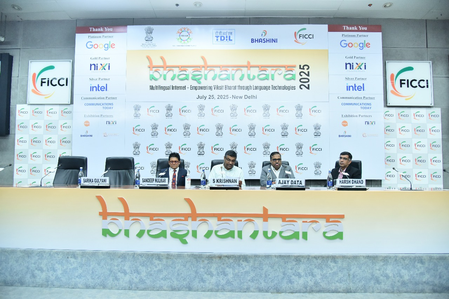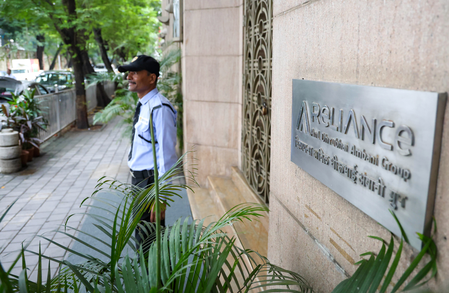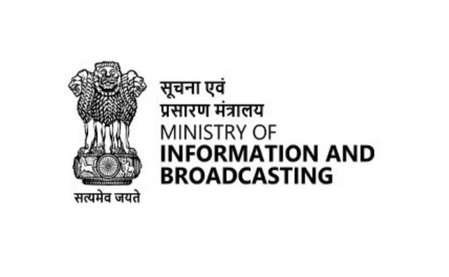
New Delhi, July 25 (IANS) India is open to sharing its artificial intelligence (AI) models with Global South, IT Secretary S. Krishnan said on Friday.
Krishnan said that India’s linguistic diversity can help it lead the development of natural language processing (NLP) and multilingual AI tools for the Global South.
“If you can do it in India, you can do it practically anywhere else in the world,” the IT Secretary said at the Federation of Indian Chambers of Commerce and Industry’s (FICCI) conference titled ‘Bhashantara 2025’.
UN officials had earlier expressed interest in India’s collaborative approach to artificial intelligence development, now leading to the public announcement of the country’s intention to share AI models with the Global South.
This move positions India as a potential alternative to other AI ecosystems that offer specialised solutions for multilingual, resource-constrained environments.
India has proved its expertise in this field with Mission Bhashini and the ‘Anuvadini’ application, which advanced human language technology (HLT), with emphasis on capturing regional dialects.
The IndiaAI Mission, a government programme, has created ‘AI Kosh’, a data repository that has over 400 databases, to assist researchers and entrepreneurs in the development of multilingual AI solutions.
India is also digitising traditional knowledge, including Ayurvedic texts and historical manuscripts, to create comprehensive datasets for global healthcare and research communities. Unlike other nations that rely solely on state or private funding, India’s approach encourages multi-stakeholder participation across academia, industry and research institutions.
At the conference, industry leaders committed themselves to enhanced private sector contributions to furthering India’s AI ambitions.
Harsh Dhand, Research and AI Partnerships APAC lead at Google and Co-Chair of FICCI’s Multilingual Internet Committee, requested the government to unlock historical data from public broadcasters and connect research entities to prevent duplication of efforts.
The industry must also contribute by providing access to technology, seed funding for startups and academia, and skill development, he added.
–IANS
aaron/na




